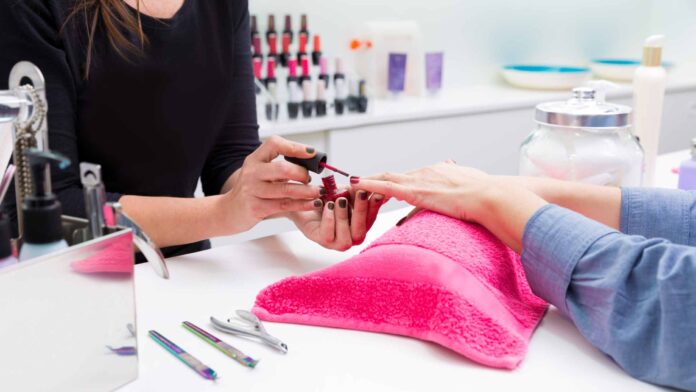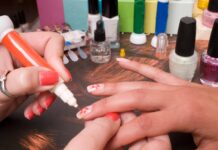Do you find yourself constantly biting your nails, to the point where it becomes a habit that you just can’t seem to break? If so, you may be dealing with a condition known as onychophagia, which is the medical term for extreme nail biting. This common habit can be more than just a nuisance – it can also have negative effects on your nails, skin, and overall health. In this blog post, we’ll explore what extreme nail biting is called, why it matters, and how you can take steps to break the habit for good.
What is onychophagia, or extreme nail biting?
Onychophagia is a compulsive behavior that involves biting the nails, cuticles, or surrounding skin to the point of causing damage. This habit is most often associated with stress, anxiety, boredom, or perfectionism, and can be difficult to break without proper intervention. While many people may bite their nails occasionally, those with onychophagia engage in the behavior frequently and may feel unable to stop, even when they want to.
Steps to break the habit of extreme nail biting
1. Identify triggers: Pay attention to when you are most likely to bite your nails, such as when you’re stressed or bored. By identifying these triggers, you can take steps to address the underlying causes of your nail biting behavior.
2. Keep your nails trimmed and healthy: Shorter nails may be less tempting to bite, so make it a habit to keep your nails trimmed and filed regularly. You can also try using a bitter-tasting nail polish or wearing gloves to deter nail biting.
3. Practice stress-reducing techniques: If stress or anxiety contributes to your nail biting, try incorporating relaxation techniques into your daily routine, such as deep breathing, meditation, or yoga. Finding healthy ways to cope with stress can help reduce the urge to bite your nails.
4. Seek professional help: If you’re struggling to break the habit of extreme nail biting on your own, consider seeking help from a therapist or dermatologist. They can provide tools and strategies to help you overcome onychophagia and improve the health of your nails.
Pros and cons of extreme nail biting
While nail biting may offer temporary relief from stress or anxiety, it can lead to a range of negative consequences, including damaged nails, infections, and pain. By breaking the habit of onychophagia, you can improve the appearance and health of your nails, reduce your risk of infection, and boost your self-esteem.
In conclusion, extreme nail biting, also known as onychophagia, is a common habit that can have negative effects on your nails and overall well-being. By taking steps to identify triggers, keep your nails healthy, reduce stress, and seek professional help if needed, you can break the habit of nail biting and improve the health and appearance of your nails. Don’t let onychophagia hold you back – take action today to break the cycle of extreme nail biting.












